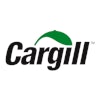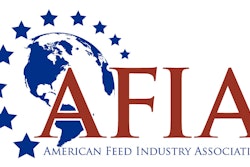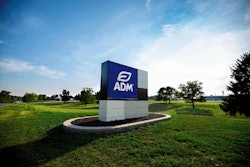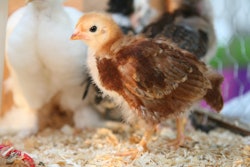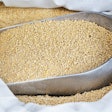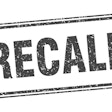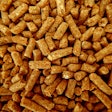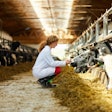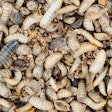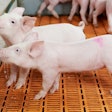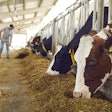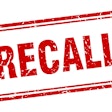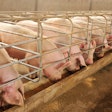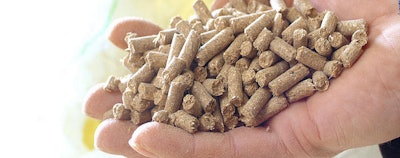
The U.S. Food and Drug Administration (FDA) issued a draft guidance for industry (GFI) that compiles and describes established practices that medicated feed manufacturers can use to prevent contamination of animal food from unsafe drug carryover into other batches of medicated feed or non-medicated animal food.
Drug carryover usually happens when an approved drug used in a batch of medicated feed is inadvertently included in a subsequent manufactured batch of animal food.
Drug carryover in animal feed
Drug carryover can occur for various reasons, including: the use of the same equipment to manufacture both medicated feed and non-medicated animal food; the design, construction, or inadequate maintenance of manufacturing equipment; poor dust control in a feed mill; inadequate cleanout practices for manufacturing and distribution equipment between sequential manufactured batches of animal food; or human error.
It is important to avoid carryover of a drug from one batch of animal food to another to protect animals from unintended exposure to animal drugs.
Factors like the ones described above, however, could make it difficult for manufacturers to completely avoid drug carryover.
This is why manufacturers need to establish and follow Current Good Manufacturing Practice requirements (CGMPs), including proper cleanout procedures. The draft guidance covers several commonly used practices to help medicated feed manufacturers minimize the risk of drug carryover.
Drug carryover consequences
The FDA has advised animal food manufacturers and the public about the unfortunate and sometimes fatal consequences of unsafe drug carryover.
For example, monensin, an ionophore animal drug approved for use in cattle and poultry feed, is highly toxic and potentially lethal to horses, even at relatively low levels.
The FDA issued two warning letters (letter 1, letter 2) to animal food manufacturers for, among other issues, mixing cattle food containing monensin and then mixing horse food using the same equipment in a manner that failed to prevent carryover of the monensin. In one case, multiple horses died and in another, multiple cows died.
When finalized, draft GFI #272 will not change the substance of existing policies or introduce new policies. Rather, it will consolidate much of the information found in two outdated Compliance Policy Guides (CPGs) and include current animal food regulatory information and updated examples of factors to consider when designing sequencing practices.
The FDA plans to withdraw CPG Sec. 680.500, Unsafe Contamination Compliance Policy Guides of Animal Feed from Drug Carryover and CPG Sec. 680.600, Sequencing as a Means to Prevent Unsafe Drug Contamination in the Production, Storage, and Distribution of Feeds after this new guidance has been finalized.
The FDA is currently accepting public comments on Draft GFI #272, “Practices to Prevent Unsafe Contamination of Animal Feed from Drug Carryover.” Submit comments by August 8, 2022, to ensure that the FDA considers them before it begins work on the final version of the guidance.

